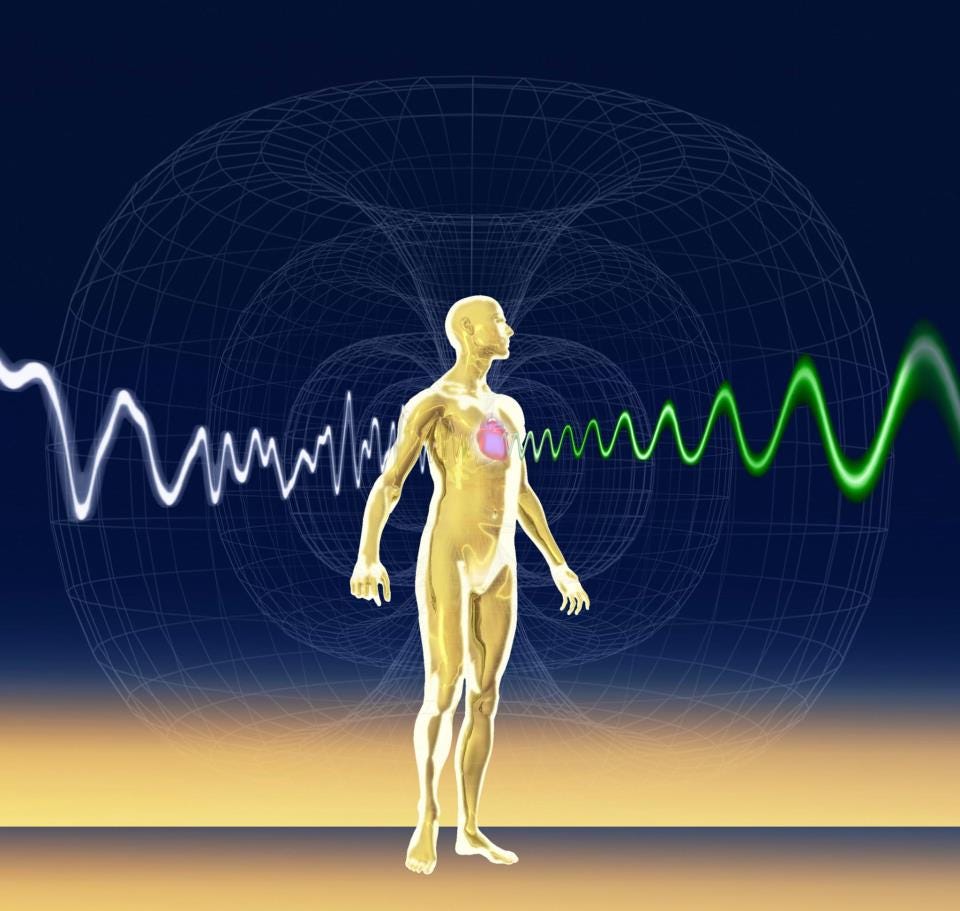SFH #153: Heart Rate Variability
My current preferred method to measure health 💫
Heart rate variability is a measure of the variation in time between each heartbeat. This variation, called HRV for short, is regulated by our autonomic nervous system. Our ANS (more three-letter acronym love) governs our heart rate, blood pressure, breathing, and digestion and subdivides into the sympathetic and parasympathetic nervous systems, coined the fight-or-flight and rest-and-digest responses.
HRV is a non-invasive method to identify these ANS imbalances. For example, if we are in fight-or-flight mode, our variation between subsequent heartbeats is low. However, if we are in a more relaxed state, the divergence between our beats is high. In other words, we are more resilient and flexible (aka healthier) the faster and easier our ANS can respond. Most illuminating in HRV research is the correlation between low variability and a greater risk of cardiovascular disease, depression, anxiety, and a higher mortality rate.1 2 In contrast, those with a higher HRV have more elevated cardiovascular fitness and show more resilience to stress.3
How are our HRV and ANS affected? Our brain sends signals to the body either to stimulate or to ease various functions. Basically, we respond to all the different stimuli happening every day and cumulatively throughout our lives. These include sleep, work interactions, relationships with friends and family, diet, exercise, and much more. The more persistent our stressors from these stimuli, the more our balance is disrupted, sending us into our fight-or-flight response. On the other hand, the more positive associations we have with these stimuli, the more we can relax and build a resilient response system. If we have healthy habits (with our lifestyle and stimuli), we have a resilient nervous system and HRV response.
At this point, you may be saying, 'this is all great, Brian, but how in the world do I know my HRV?'
It's easier than you may realize to get your HRV. The easiest and cheapest way to check HRV is to buy a chest strap heart monitor like this one and download a free app that will analyze your data, like this one. That said, there are other more convenient and more expensive options like Whoop or Oura. I have both. I like both for different purposes. If you are serious about checking in on your HRV to start intervening with healthier habits to improve, shoot me a reply, and I'm happy to give you some more personal insights. We begin to go past the simple and fun level if I gave you all my rundowns here. 🤪
Happy HRV monitoring,
Brian
https://pubmed.ncbi.nlm.nih.gov/11011352/
https://journals.plos.org/plosone/article?id=10.1371/journal.pone.0161648#:~:text=Low%20heart%20rate%20variability%20(HRV,)%20is%20less%20well%2Dcharacterized.
https://pubmed.ncbi.nlm.nih.gov/31642481/


